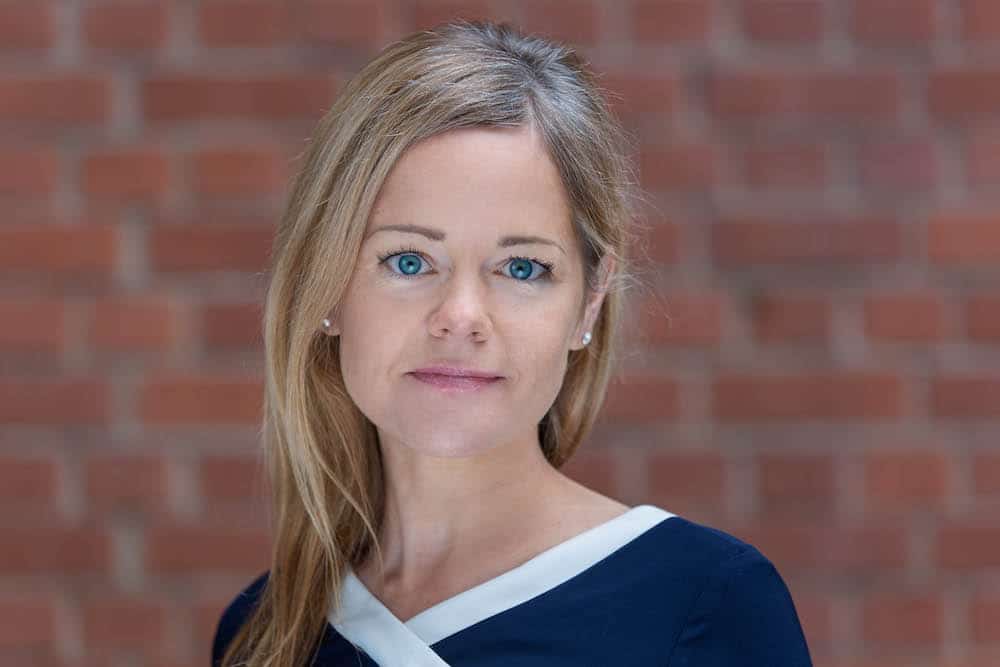Start date: 2011 at the Max Planck Institute for Comparative Public Law and International Law
Areas of expertise: Transitional Justice, Public International Law, Administrative Law, Constitutional Law, Human Rights, Fair Trial Standards, Legislative and Constitutional Drafting, Legal Pluralism, Professional Ethics for Lawyers, International Humanitarian Law, International Criminal Law, Electoral Law, Legal Theory, Informal Justice Systems, Fundamental Principles of Governance, Independence of the Judiciary, Access to Justice, Procedural Law of Institutions, Rules of Procedure and Evidence
Highlights: over 7 projects, including 30+ workshops

Overview
Promotion of the Rule of Law, Human Rights and Peaceful Conflict Resolution through Technical Legal Advice and Legal Capacity Building: Pursuant to the Comprehensive Peace Agreement (CPA), which was signed in 2005, the semi-autonomous region of Southern Sudan acquired its own constitutional framework, the Interim Constitution of Southern Sudan (ICSS), for the transitional period of 2005–2011. After the independence referendum in 2011, which resulted in the secession of South Sudan from Sudan, President Salva Kiir Myardit appointed a Technical Committee to revise the ICSS, subsequent to which the revised constitution was adopted by the regional parliament, the Southern Sudan Legislative Assembly (SSLA) on 6 July 2011, just prior to South Sudan’s independence on 9 July 2011.
The Max Planck Foundation has been active in South Sudan before and after its secession from Sudan. Our projects are a continuation of the research projects of the Global Knowledge Transfer working group of the Max Planck Institute for Comparative Public Law and International Law (MPIL), which was active in Sudan since 2002. After the referendum on independence in January 2011, a meeting with high-ranking Southern Sudanese legal experts on the then constitutional order took place in Heidelberg. This initiative provided a neutral platform to discuss required amendments to the ICSS due to the upcoming secession as well as the future relations between South Sudan and Sudan.
Since that time, the Foundation’s activities in South Sudan have involved the provision of technical legal capacity building for a range of actors, including: the Judiciary, the Ministry of Justice and Constitutional Affairs, the National Legislative Assembly and its subsequent Transitional National Legislative Assembly, the Council of States, and the National Constitutional Review Commission, amongst others.
Current projects in South Sudan
Completed projects in South Sudan
- Support to the Constitutional Process in South Sudan
- Strengthening the Rule of Law in South Sudan
- Supporting Institutional Access to Justice in South Sudan
- Supporting Transitional Justice Capacities of the South Sudan Supreme Court
- Technical Support to the Supreme Court of South Sudan
- Legal Capacity Building Seminars for the Legislature (National Legislative Assembly and Council of States)
- International Treaty Law Seminars for Various South Sudanese Ministries
- Meetings, Workshops and Forums
News Items

Second Workshop on the “The Role of the Judiciary in Elections” conducted by the Foundation in Juba

Workshop on the Role of the Judiciary in Elections in South Sudan

The Foundation’s Activity Report 2022 is now available online

Workshop on Alternative Dispute Resolution for the Judicial Reform Committee of South Sudan

Third Workshop for the Judicial Reform Committee of South Sudan
Contact

Kathrin Maria Scherr
Email:
Phone: +49 (0)6221 91404 34
(See full profile)
